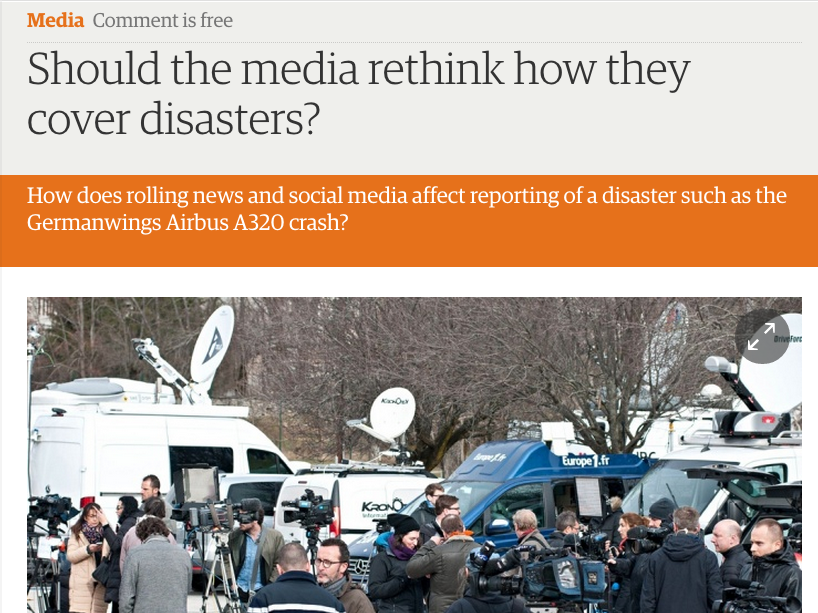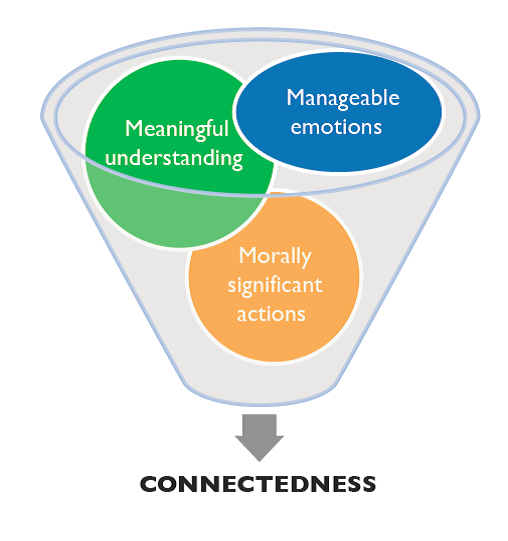Goldsmith University Media Research Centre has just published initial results from a very extensive project which tells us that a) new media is not bringing nirvana and b) a lot of journalists think quality is declining. Perhaps they could have just re-published Nick Davies’ Flat Earth News. But this is a thoughtful research team and the report has a lot of good material in it. Please read it here.
I confess I am getting frustrated by this kind of approach. As I said at their launch seminar they make (at least) two quite odd basic assumptions. Firstly, James Curran’s opening remarks implied that new media has to be measured against what a digital pioneer like Nicholas Negroponte might have claimed back in 1994. Secondly, they seem to assume that journalism is there to deliver fundamentally public service and left-wing objectives. If it doesn’t measure up to those ideals then it has failed.
Tony Curzon-Price from OpenDemocracy.net has an interesting theory about this inevitable disappointment that journalism researchers always express about the news media. He wonders if Media Studies academics are pseudo-Copernicans. They put Media at the centre of their Universes and assume it is THE critical element in politics and society. So when the media fails to deliver social or political ideals, it has failed. Do economists and historians do this?
Life is tough
There is another problem with the methodology of the report. If you ask a lot of journalists about their craft they will inevitably say things used to be much better in the past and they are over-worked. When I joined the BBC 20 years ago, at a time when John Birt was shaking the place up, I remember being shocked at how distraught and disillusioned staff said they were. In fact, they were merely reacting to reform and displaying an inverted pride in their work.The BBC rapidly improved as an organisation and as a producer of journalism.
So without claiming any ‘Golden Age’ the Goldsmith’s report seems somewhat unhistorical and even unjournalistic, in that it didn’t seem to take a critical view of the material.
It is, of course, the first stage in a large research project. The team are well aware of the methodological problems around their work. There is loads in it worth considering and the argument will move on.
Disappearing industry
I don’t even necessarily disagree with some of what is in it. I agree that many bits of the journalism industry are in decline and will disappear. That has happened before and it has often been a good thing. The report fails to acknowledge the repetition, distortion and absences in the traditional news media.
And yet there is more good journalism around in the world than ever before. Look at what the BBC, The Guardian or The Daily Mail produced in the 80s or 90s and there is no doubt that we have better mainstream journalism now.
Go Guido
At the same time there is an amazing amount of new journalism happening. And this is not just about bloggers like Paul Staines who was at the seminar and who represents a significant wider new media contribution to an improvement in political reporting. It is about other forms of citizen generated journalism.
The Guardian’s Emily Bell gave the example of the big story playing out on the day of the Goldsmith’s seminar. The leaking of the BNP membership list directly on to the Internet was a great piece of citizen journalism. Pre-Internet that story would have been delivered in a brown paper parcel to a Fleet Street office and then filtered through a particular newspaper’s editorial and political agenda. This kind of stuff gets a polite nod in the report but is just not taken seriously because it doesn’t fit into their conceptual framework.
In my book SuperMedia I warn that we have five, or perhaps ten years to ‘save journalism so it can save the world’. So I agree with the Goldsmiths team that the news media and journalism is threatened. Angela Philips’ focus on the idea and practice of reporting is particularly important. But I think that the Goldsmith research has an inbuilt reluctance to see opportunities. It does not appear to understand or value concepts of efficiency, market forces, connectivity, and audience enpowerment. It has quite a firm view of what is a journalist and what they should do.
Here’s what Judith Townend from www.journalism.co.uk made of it all.
Anyway, judge for yourself, read it here.






Wait till the next four – yes four – projects in this series. While the news media burns, this is what academic research funding is being spent on. I find this deeply, deeply depressing. I hope Emily Bell gave them hell.